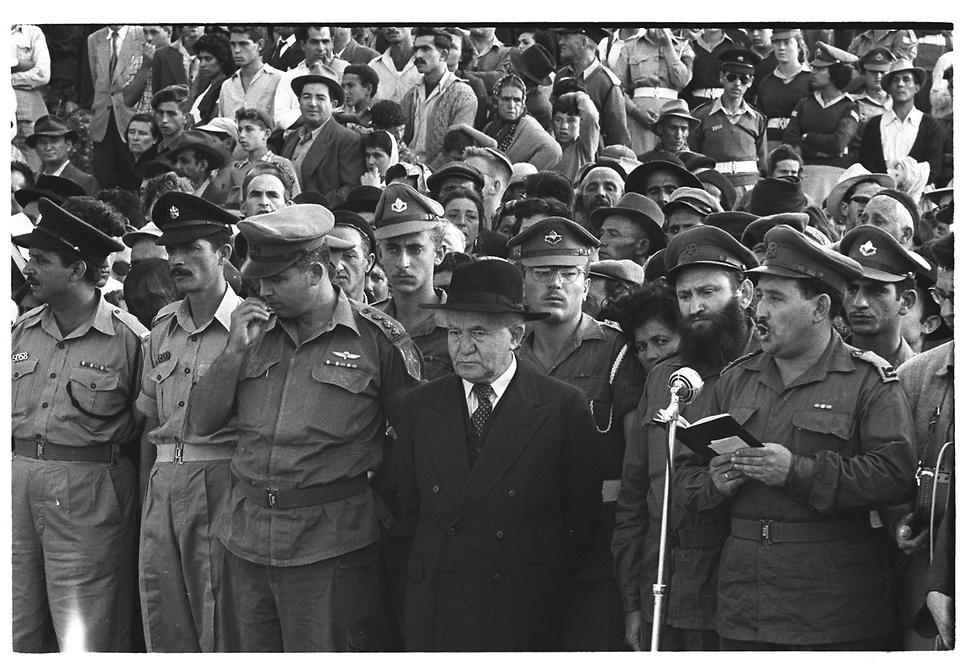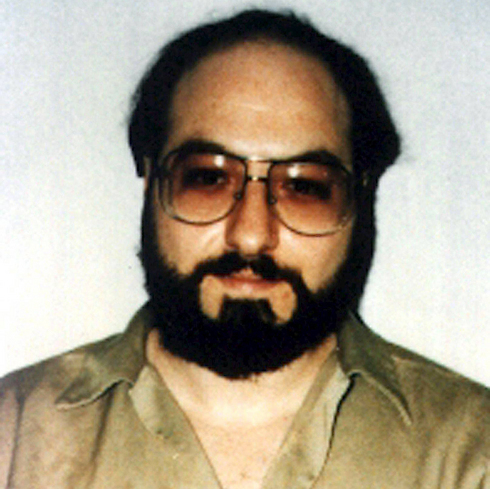Many in Israel found pleasure in the news that Iranian nuclear scientist Mohsen Fahrizadeh was assassinated near Tehran on Friday.
Even Prime Minister Benjamin Netanyahu could not hide his glee when he told followers that last week was a good one for Israel, "but I cannot tell you about everything that happened."
3 View gallery


The scene of the assassination of Iran's chief nuclear scientist Mohsen Fakhrizadeh in Tehran
(Photo: AFP)
As soon as I saw the prime minister's post, I thought to myself that once again, Israeli complacency and condescension rules the day. We as a society are easily swayed between the deeps of depression and the highs of maniacal joy.
But what of preparing for the revenge that is undoubtedly sure to follow the brazen attack on Iran's chief nuclear scientist? Rather than brag about its success, what measures were taken to ensure the safety of Israel's embassies abroad? History has taught us that is where we are vulnerable.
And what is the security situation for Jewish centers and synagogues around the world? Have we secured our airliners, our vessels at sea or the rest of our soft targets?
Are our borders safe? Iranian proxies are lying in wait just over the line in Syria and Lebanon, and even Gaza there is the Iran-backed Islamic Jihad poised to attack.
We have committed the sin of pride often. Our hubris has landed us in trouble numerous times.
3 View gallery


Prime Minister David Ben-Gurion attends a memorial service for soldiers who fell in the Suez Crisis of 1956
(Photo: David Rubinger)
Take for example the "bad business" in Egypt in the early 1950s. For what was Israel's attempt to use local Jews to blow up targets in Cairo to create a rift between Egypt and the West, if not an act of arrogance that cost lives and freedoms, severely damaged Israel's foreign relations and shook the country for 15 years?
The 1973 Yom Kippur War is another case in point. Israel was caught unprepared for an attack on two fronts, costing thousands of lives and bringing it dangerously close to annihilation.
We also only need look at the Jonathan Pollard affair to see how Israeli hubris has led to catastrophe.
In the 1990s, Israeli intelligence services enjoyed a good working relationship with their American counterparts. The Mossad intelligence agency had emissaries in the United States and the CIA had their own people in Israel.
But when Ariel Sharon took over the Defense Ministry, he wanted a service of his own and installed a close friend and former spook at the helm. Keeping Mossad in the dark, Rafi Eitan enlisted a civilian member of the U.S. naval intelligence who was peddling secrets to countries around the world to work for him.
When Jonathan Pollard was caught spying for Israel, the hubris continued and Israeli politicians continued to lie to their American allies about the information obtained through him.
They thought they were smarter than the CIA and stronger than the U.S. Department of Justice, causing untold damage to interagency cooperation and landing Pollard in prison for three decades.
In its quest to become a Middle East superpower, Israel then - and perhaps today as well - forgets its place in the world and its need for humility.


